Join getAbstract to access the summary!
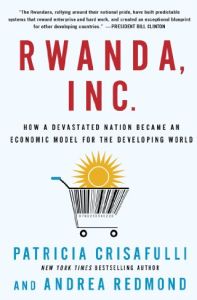
Join getAbstract to access the summary!
Patricia Crisafulli and Andrea Redmond
Rwanda, Inc.
How a Devastated Nation Became an Economic Model for the Developing World
Palgrave Macmillan, 2012
What's inside?
Visionary President Paul Kagame drives the transformation of once war-torn Rwanda into a peaceful, profitable, stable nation.
Recommendation
In 1994, Rwanda’s gruesome neighbor-on-neighbor genocide stunned the world. The aftermath of that societal meltdown is a major surprise: The East African sovereign state is now a safe, stable nation successfully striving to lift its people out of poverty. Patricia Crisafulli and Andrea Redmond report that former exile Paul Kagame, who is now president of Rwanda, single-handedly put his nation on the path to prosperity. While their writing can be a little cloying at times, the two authors provide colorful details that make a compelling case for Kagame’s heroism. getAbstract recommends their study to international businesspeople, investors, academicians, NGOs and policy makers.
Summary
About the Authors
Business journalist Patricia Crisafulli wrote The New York Times bestseller House of Dimon about JP Morgan banker Jamie Dimon. Governance expert Andrea Redmond is a board member of the Allstate Corporation and Northwestern University Hospital.










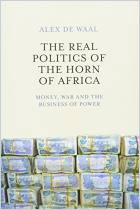
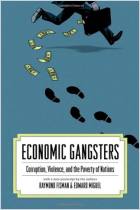

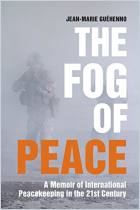


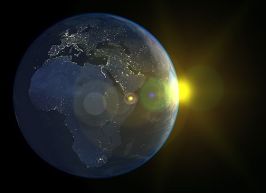


Comment on this summary